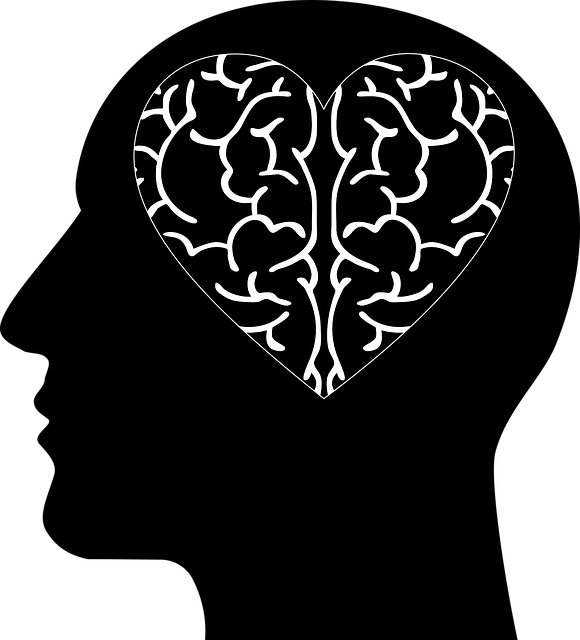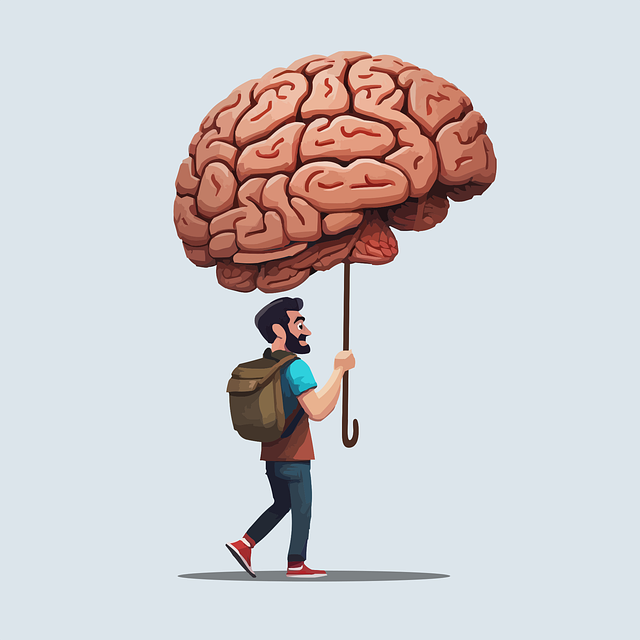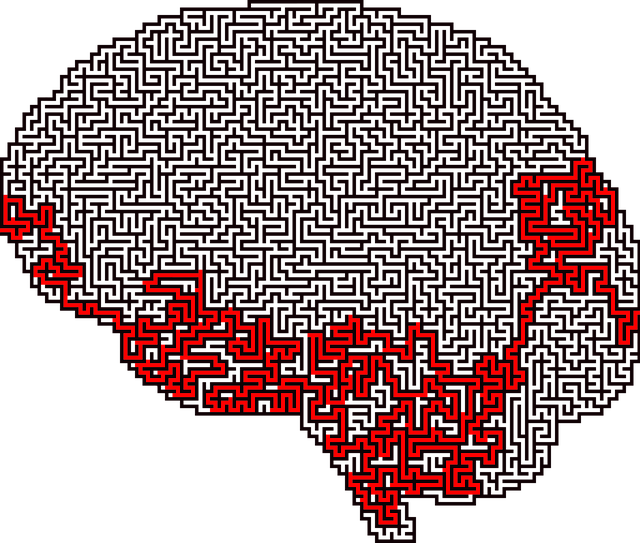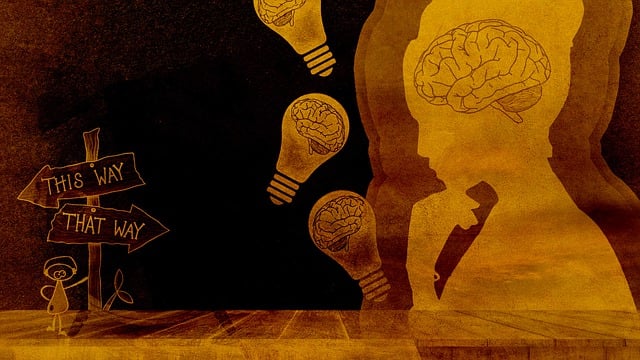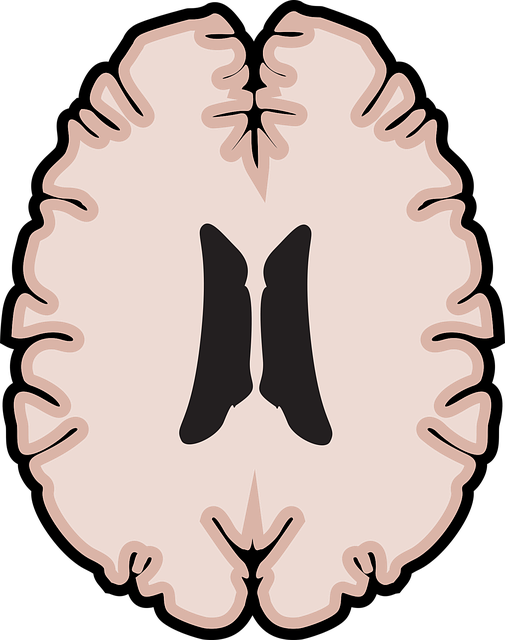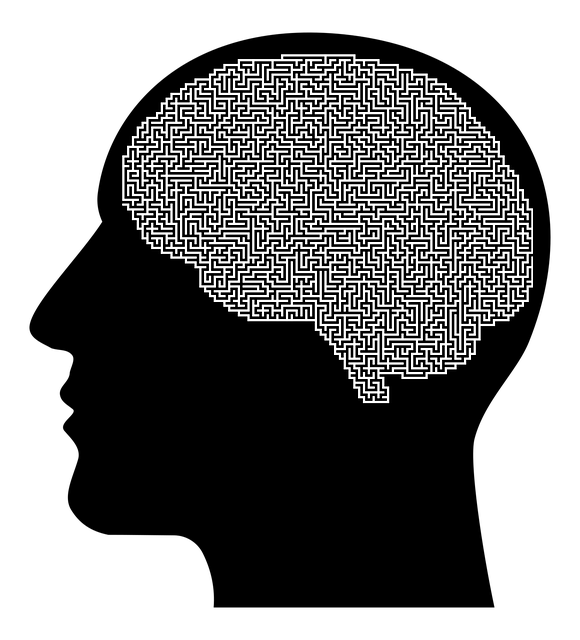Mental wellness, a holistic concept encompassing emotional, psychological, and social well-being, is increasingly important in navigating modern challenges like stress, anxiety, and depression. Northglenn Acceptance and Commitment Therapy (ACT) stands out as an effective approach, focusing on acceptance, mindfulness, and action to help individuals manage these struggles without judgment. By integrating evidence-based practices into digital platforms, ACT-based apps offer accessible tools for mental health policy analysis and advocacy. These apps blend therapeutic techniques with user-friendly design to promote personal growth, foster positive thinking, and achieve sustainable improvements in overall well-being, making therapy more engaging and accessible in Northglenn communities.
In today’s digital age, mental wellness app development has emerged as a powerful tool for fostering emotional well-being. This article explores key aspects of mental health, spotlighting the potential of Northglenn Acceptance and Commitment Therapy (ACT) as an effective approach. We delve into the process of creating impactful mental wellness apps, market trends, and future prospects, particularly focusing on ACT-based solutions that promise transformative digital experiences for users seeking improved mental resilience and overall well-being.
- Understanding Mental Wellness and Its Impact
- Northglenn Acceptance and Commitment Therapy (ACT): A Promising Approach
- Developing Effective Mental Wellness Apps
- Market Trends and Future Prospects for ACT-Based Apps
Understanding Mental Wellness and Its Impact

Mental wellness is a holistic state of well-being that encompasses an individual’s emotional, psychological, and social health. It affects every aspect of our lives, from how we think and feel to how we interact with others and cope with challenges. Recognizing the significance of mental wellness is crucial in today’s fast-paced world, where stress, anxiety, and depression are prevalent issues. Northglenn Acceptance and Commitment Therapy (ACT) is a prominent approach that has gained traction for its effectiveness in fostering mental wellness.
By focusing on acceptance, mindfulness, and committed action, ACT helps individuals navigate life’s challenges without judgment. It encourages personal growth and value-driven behavior, enabling people to manage stress and overcome conditions like depression. Furthermore, integrating evidence-based practices such as these into digital platforms offers accessible tools for mental health policy analysis and advocacy, ensuring that resources are readily available to those in need.
Northglenn Acceptance and Commitment Therapy (ACT): A Promising Approach

Northglenn Acceptance and Commitment Therapy (ACT) is a promising therapeutic approach that focuses on helping individuals accept their emotions and commit to actions aligned with their values. This form of therapy encourages self-awareness and mindfulness, teaching users to observe their thoughts and feelings without judgment. By promoting emotional regulation and understanding, ACT aids in breaking down the barriers that often hinder mental wellness.
Through structured techniques, Northglenn ACT guides individuals through emotional healing processes, enabling them to lead more fulfilling lives. Mindfulness meditation plays a pivotal role in this journey, helping users develop a stronger connection with their present moments and gain insights into their thought patterns. This therapeutic method has proven effective in various settings, offering hope for those seeking sustainable solutions to enhance their mental health and overall well-being.
Developing Effective Mental Wellness Apps

Developing effective mental wellness apps requires a strategic approach that combines evidence-based therapeutic techniques with user-friendly design. One such proven method is Northglenn Acceptance and Commitment Therapy (ACT), which focuses on accepting one’s thoughts and feelings while committing to valued actions. Apps integrating ACT principles can help users cultivate positive thinking, manage stress more effectively, and build resilience. By incorporating interactive exercises, mindfulness practices, and progress tracking tools, these apps create a supportive environment for personal growth and improved mental wellness.
Moreover, successful mental wellness apps should address various aspects of well-being, including but not limited to confidence boosting. Through personalized content, gamification elements, and social features that connect users with like-minded individuals or support groups, these applications foster a sense of belonging and encourage the adoption of healthy habits. Stress Management Workshops Organization techniques can also be integrated to equip users with practical tools for coping with everyday stressors, enhancing their overall mental wellness.
Market Trends and Future Prospects for ACT-Based Apps

The market for mental wellness apps is experiencing a significant growth trend, with increasing demand for digital tools that support emotional well-being and personal development. One therapeutic approach gaining traction is Acceptance and Commitment Therapy (ACT), which has shown promising results in various settings, including Northglenn communities. ACT-based apps leverage the power of mindfulness and acceptance to help users cultivate inner strength and develop coping skills essential for navigating life’s challenges.
These apps offer personalized experiences tailored to individual needs, making therapy more accessible and engaging. By focusing on emotional intelligence and promoting values-guided behavior, ACT apps empower users to live more meaningful lives. Future prospects for this technology look promising, with potential for enhanced integration of artificial intelligence and machine learning algorithms to provide even more sophisticated and adaptive support for mental wellness.
The development of mental wellness apps, particularly those based on evidence-backed practices like Northglenn Acceptance and Commitment Therapy (ACT), holds immense potential to improve global psychological well-being. As technology continues to evolve, ACT-inspired apps can play a pivotal role in making therapy more accessible, affordable, and engaging for individuals seeking support. By leveraging mobile platforms, these apps offer convenient, personalized tools to enhance mindfulness, acceptance, and commitment, ultimately fostering better mental health outcomes. Staying attuned to market trends and consumer needs will be crucial for the successful integration of ACT principles into the digital realm, ensuring that app development keeps pace with the growing demand for effective mental wellness solutions.
